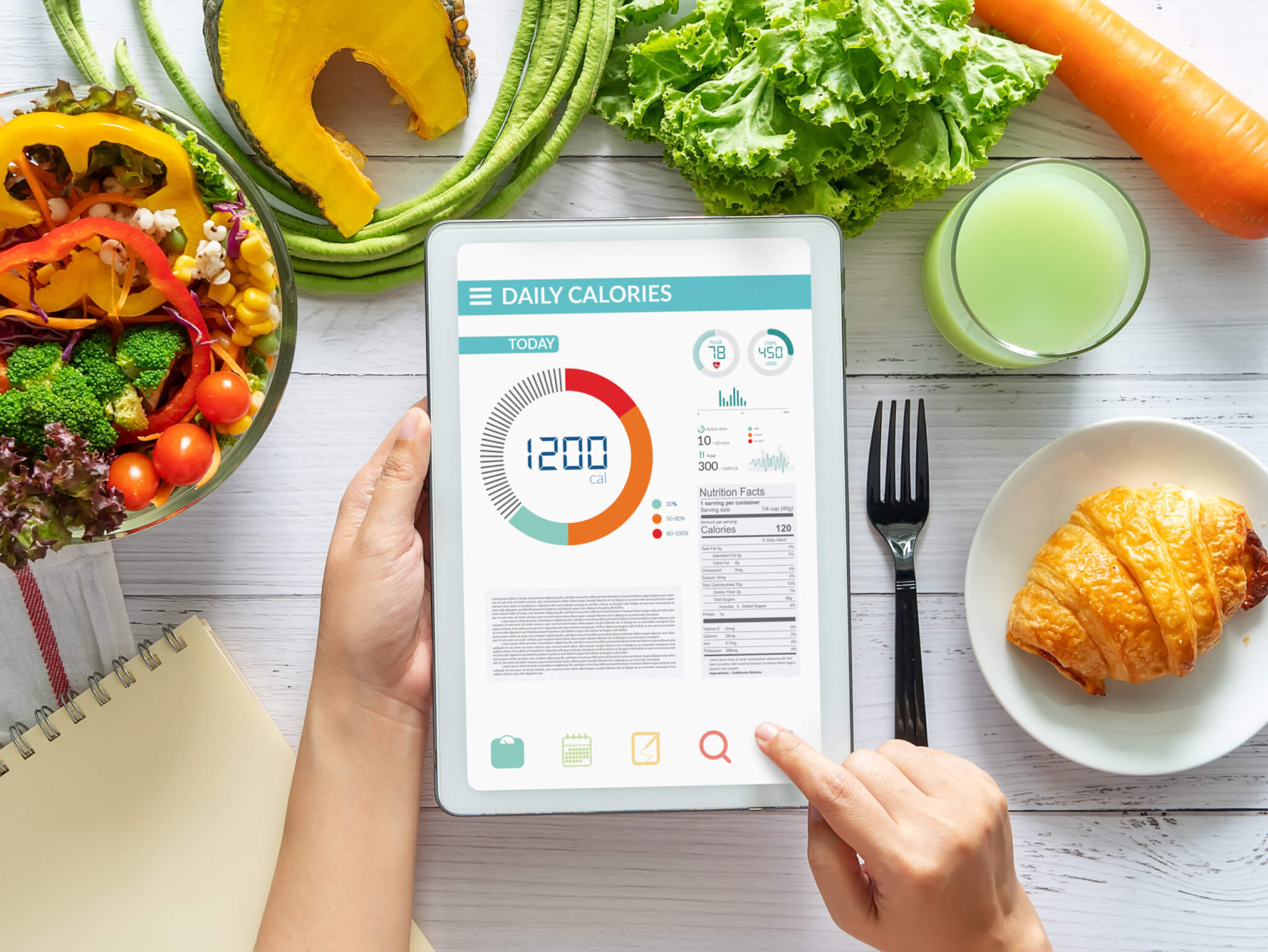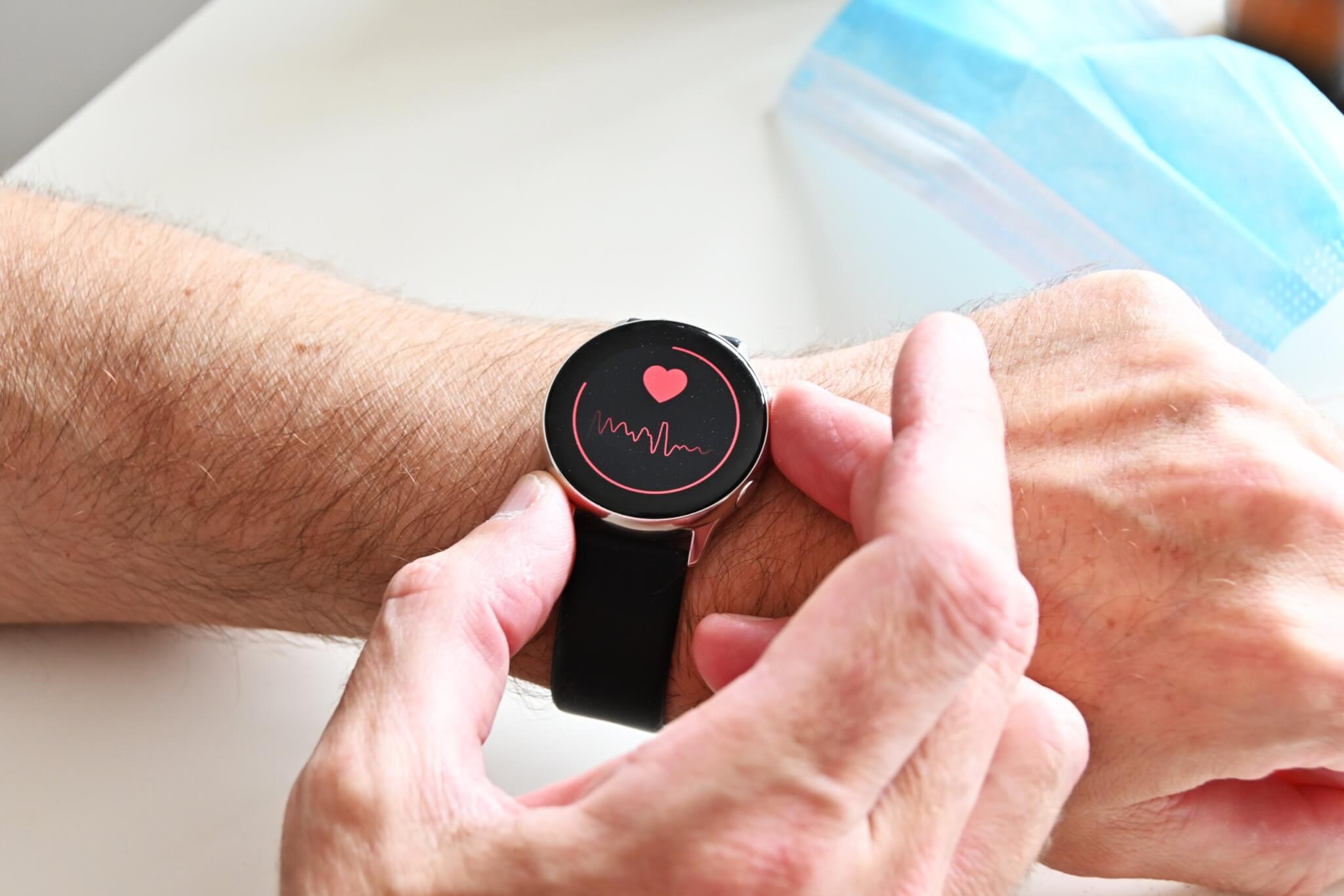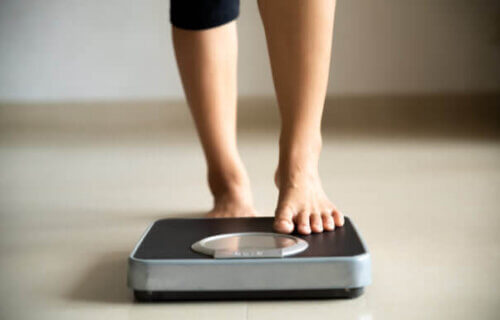MANSFIELD, Conn. — Attempting to keep an accurate tally of every single piece of food you eat on a daily basis is a much harder task than it sounds. Many people fall victim to the occasional between-meal treat or midnight snack, and keeping track of every single calorie can be tedious to say the least. While many health experts consider dietary tracking a vital component of successful weight loss, a new joint research project reports perfect dietary tracking is simply not necessary to achieve significant weight loss.
A research team consisting of scientists from the University of Connecticut, the University of Florida, and the University of Pennsylvania tracked 153 people participating in a weight loss program for six months. During that time, the participants self-reported their food intake using a commercial digital weight loss program. Study authors wanted to ascertain what the optimal thresholds were for diet tracking to predict three percent, five percent, and 10 percent weight loss after six months.
“We partnered with WeightWatchers, who was planning on releasing a new Personal Points program, and they wanted to get empirical data via our clinical trial,” says co-author and Department of Allied Health Sciences Professor Sherry Pagoto in a university release.
Prof. Pagoto adds that the new programs adopt a personalized approach to assigning points, such as a list of zero-point foods, so as to eliminate the need for calculating calories for everything.
“Dietary tracking is a cornerstone of all weight loss interventions, and it tends to be the biggest predictor of outcomes. This program lowers the burden of that task by allowing zero-point foods, which do not need to be tracked,” she continues.
The research team wants to settle on ways to make the tracking process less burdensome. According to Prof. Pagoto, many current weight loss programs entail users counting calories on a seemingly endless loop – in some cases for perhaps the rest of their lives.
“That’s just not sustainable. Do users need to track everything every single day or not necessarily?”

‘You don’t need to track 100% each day to be successful’
So, with six months of data in hand, Ran Xu, an assistant professor in the Department of Allied Health Sciences, set out to see if there is a way of predicting outcomes based on how much diet tracking participants performed. In collaboration with Allied Health Sciences Ph.D. student Richard Bannor, Xu analyzed the data to see if any patterns associated with weight loss success from a data science perspective emerged. Next, using a method called receiver operating characteristics (ROC) curve analysis, study authors discovered the number of days people need to track their food in order to reach clinically significant weight loss.
“It turns out, you don’t need to track 100% each day to be successful,” says Xu. “Specifically in this trial, we find that people only need to track around 30% of the days to lose more than 3% weight and 40% of the days to lose more than 5% weight, or almost 70% of days to lose more than 10% weight. The key point here is that you don’t need to track every day to lose a clinically significant amount of weight.”
Prof. Pagoto points out that these results are promising, considering the goal for a six-month weight loss program is typically five to 10 percent, which is the range in which health benefits begin to be seen in clinical trials.
“A lot of times people feel like they need to lose 50 pounds to get healthier, but actually we start to see changes in things like blood pressure, lipids, cardiovascular disease risk, and diabetes risk when people lose about 5-to-10% of their weight,” Prof. Pagoto says. “That can be accomplished if participants lose about one to two pounds a week, which is considered a healthy pace of weight loss.”
Then, Xu opted to look at diet trajectories tracked over the six months of the program. This led to the identification of three distinct trajectories, one of which they called high trackers, or super users, who tracked food on most days of the week throughout six months. On average, this group lost roughly 10 percent of their weight.
Still, many participants belonged to a second group that began tracking regularly, only to see their tracking gradually decline over time. By the four-month mark, this group was only tracking about one day per week. However, they still lost five percent of their weight.

A third cohort called low trackers, who only tracked for three days weekly, which eventually dropped off to zero by the three-month mark, lost an average of two percent of their weight.
“One thing that is interesting about this data is, oftentimes in the literature, researchers just look at whether there is a correlation between tracking and overall weight loss outcomes. Ran took a data science approach to the data and found there is more to the story,” Prof. Pagoto notes. “Now we’re seeing different patterns of tracking. This will help us identify when to provide extra assistance and who will need it the most.”
These patterns may help inform future programs aimed at helping to improve user dietary tracking. The research team says future work should investigate even further into such patterns in order to understand why they arise in the first place, and hopefully one day develop interventions to improve outcomes.
“For me, what’s exciting about these digital programs is that we have a digital footprint of participant behavior,” Xu explains. “We can drill down to the nitty-gritty of what people do during these programs. The data can inform precision medicine approaches, where we can take this data science perspective, identify patterns of behavior, and design a targeted approach.”

Digitally delivered health programs provide scientists with multitudes of data they never had access to before, which could potentially yield new insights. However, this science requires a multidisciplinary approach.
“Before, it felt like we were flying in the dark or just going by anecdotes or self-reported measures, but it’s different now that we have so much user data. We need data science to make sense of all these data. This is where team science is so important because clinical and data scientists think about the problem from very different perspectives, but together, we can produce insights that neither of us could do on our own. This must be the future of this work,” Prof. Pagoto concludes.
“From a data science perspective, machine learning is exciting but if we just have machine learning, we only know what people do, but we don’t know why or what to do with this information. That’s where we need clinical scientists like Sherry to make sense of these results. That’s why team science is so important,” Xu agrees.
Moving forward, these multi-disciplinary teams of researchers now have the tools they need to start tailoring programs even further that are aimed at helping people achieve their desired weight loss outcomes. For now, users of these apps can rest assured that they can still reap significant results and benefits, even if they miss an entry or two.
The study is published in the journal Obesity.

